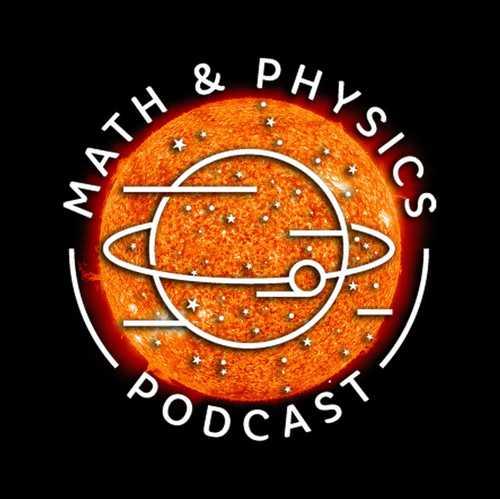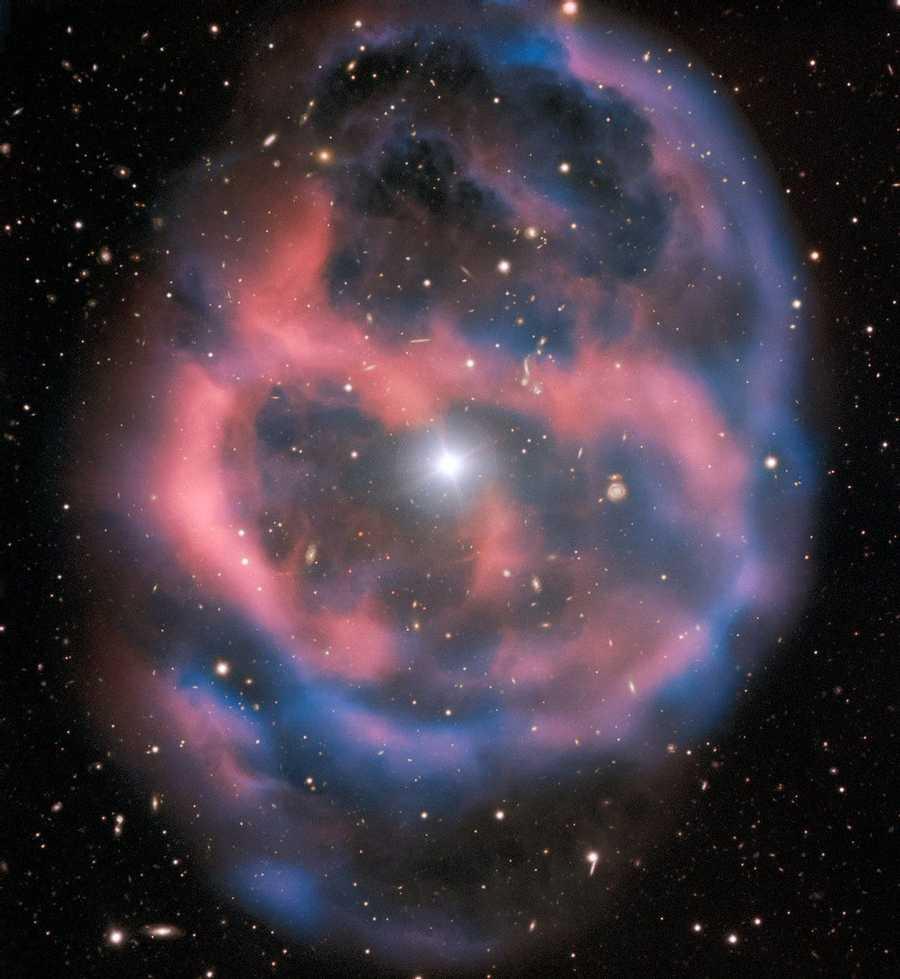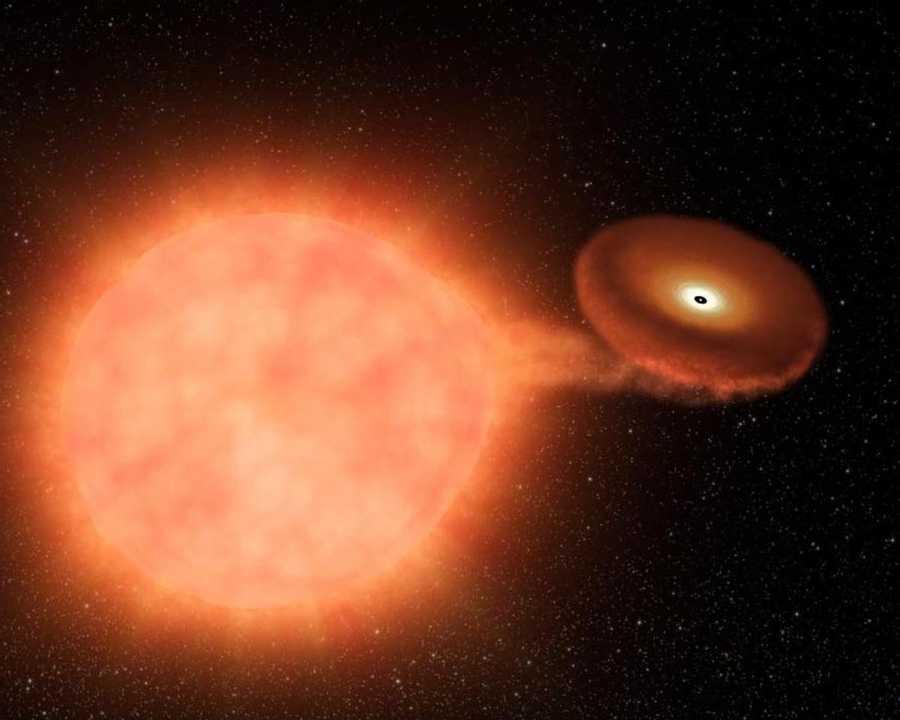Explore the World's Best Ideas
Join today and uncover 100+ curated journeys from 50+ topics. Unlock access to our mobile app with extensive features.
Protons and eletrons start to form a cloud of hydrogen. This cloud has LOADS of mass and are GIGANTIC. Due to gravity, the atoms around it get attracted to the cloud too. But there is a repulsion between atoms which gets them not into each other. These atoms of hydrogen get attracted to each other hardly due to gravity. These atoms start getting crushed. And then nuclear fusion takes place. 4 hydrogen atoms get together to make 1 helium atom(helium was not like you can take it from anywhere, it had to be created through nuclear fusion).
44
503 reads
(2)
Jeans mass- this is the minimum mass required for a gas cloud to collapse into a star.
In middle of being a gas cloud and being a star, there is a protostar phase. Here the star is not really a star but there is some gas that has been concentrated. Lots of things can happen in this phase.
- More of mass can be attracted to this protostar and form this star even bigger.
- Not more mass is attracted and the outermost layer of this cloud cools down. Cools down into rocks. Rocks that we now live on.
47
324 reads
(3)
3. As the fusion takes place, the radiation radiating outwards from the fusion takes the particles with it off the gas cloud and the star may never form. Because the radiation is in the oposite direction of the gravitational pull to collapse. When both are equal, it's called equillibrium.
44
264 reads
Fun fact
- Our sun will last 10 billion years but a star 10 times bigger than our sun will last 20 million years only.
This is because the larger the star, the higher the gravity, the higher the amount of hydrogen to be burnt, the faster you burn, the faster you die. This shows how much important the mass of star is to affect its lifespan.
48
354 reads
After the core get fused
..., the only thing fusing is the outskirts of the core. Now these hydrogen particles are like "We don't have any core to stick to, where do we go?". So they start repelling each other. Now, as we know, fusion gives radiation. As the star starts to cool down (as more of its mass gets fused), it starts to get bigger because the radiation from the fusion is pushing the outer particles of this star outwards. The outer layer of this star starts radiating outwards because the gravity of this star can't hold it anymore. This colorful outer layer is planetary nebulae. This phase is called red giant.
42
215 reads
The white dwarf
As the core is completely fused, it becomes trapped. Its outer layers are gone. This lonely core is called the white dwarf. For a low mass star, this is where you die. The helium particles in this star just radiate outwards slowly and slowly. After some time, they have no power to radiate. This is when it is called the brown dwarf. In astrophysics, brown means no light and white means all colors. Hence, after all of this losing of power it dies. It's pretty sad. :(
43
197 reads
High mass stars
So n high mass stars, after the red giant phase, there is still a hell of a helium to burn. So, this helium slowly fuses to carbon, carbon to something and on and on and on untill (!) you reach Iron. Because iron is very hard to fuse. So here the core, gets done. Now, as there is no radiation pushing outwards. This core (only the coree, not the star) collapses itself into itself. Because there was just gravity pulling it. Creating shock waves with such high energy that they fore iron to fuse into platinum/silver/gold. Some supernova threw gold to our earth.
42
177 reads
After collapse
.., The star can get collapsed into a neutron star. This is the most dense star in the universe. And they rotate very fast (due to conservation of angular momentum). Here the gravity is so immense that nearly 90% of the star's electrons get fused into neutrons. A neutron star of a size of the city of Manhattan can be 2x heavier than our sun.
42
176 reads
After white dwarf
Sometimes this white dwarf starts revollving itself with another main sequence star. This is called binary system. The white dwarf starts to pull energy from the main sequence star, and something (electron degeneracy ressure is defeated by gravity) happens and then the white dwarf collapses. This is called Type 1 A supernova.
42
202 reads
IDEAS CURATED BY
Dark matter, theory of relativity, dark energy, negative mass, end of the universe, The Big Bang, 'What is beyond the universe?' etc. If you love such things, Welcome to your home.'
Everything Physics's ideas are part of this journey:
Learn more about scienceandnature with this collection
How to choose the right music for different tasks
The benefits of listening to music while working
How music affects productivity
Related collections
Similar ideas
4 ideas
What Makes People Successful?
Ali Abdaal
6 ideas
What Makes People Successful?
Ali Abdaal
Read & Learn
20x Faster
without
deepstash
with
deepstash
with
deepstash
Personalized microlearning
—
100+ Learning Journeys
—
Access to 200,000+ ideas
—
Access to the mobile app
—
Unlimited idea saving
—
—
Unlimited history
—
—
Unlimited listening to ideas
—
—
Downloading & offline access
—
—
Supercharge your mind with one idea per day
Enter your email and spend 1 minute every day to learn something new.
I agree to receive email updates


